Time Periods
Paleolithic
Mesolithic
Neolithic
Chalcolithic
Bronze Age
Iron Age
Classical Period
Post-Classical Period
Early Modern Period
Industrial Period
Contemporary Period
Time Periods
Paleolithic
Mesolithic
Neolithic
Chalcolithic
Bronze Age
Iron Age
Classical Period
Post-Classical Period
Early Modern Period
Industrial Period
Contemporary Period
Location
About
Ain Farah, located in the picturesque Furnung Hills of western Sudan, is an archaeological site of significant historical importance. It was once the capital of the last Tunjur ruler, Shau Dorshid. The site features a variety of structures, including defensive stone walls stretching up to 4 kilometers, terraces, and a building likely used as a mosque. The presence of Christian Nubian pottery and a brick-built monastery indicates earlier occupation, dating back to at least the 6th century CE. Notable discoveries include a grave with artifacts suggesting a pre-Islamic presence, such as iron beads and ostrich eggshell necklaces. This site offers valuable insights into the transition from pre-Islamic to Islamic times and the region's historical significance as a political and religious center.
Gallery
Explore photographs of ancient structures, artifacts, and archaeological excavations at Ain Farah
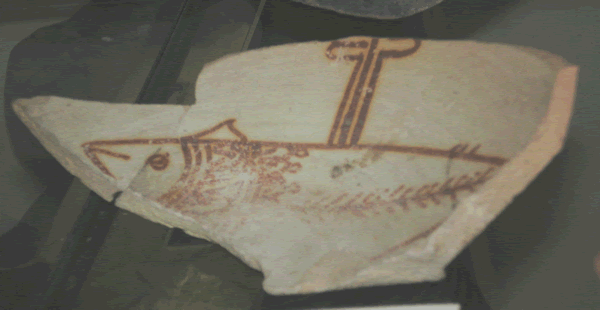
Archaeological Features
Explore the unique architectural and cultural elements found at this historical site
Defensive Structures
Burial and Funerary Structures
Religious and Ritual Structures
Agricultural and Land Use Features
Domestic and Habitation Structures
Historical Timeline
Journey through time and discover key events in this site's archaeological history
Plan Your Visit
Details
- Country
- Sudan
- Source
- Wikipedia
More Sites in Sudan
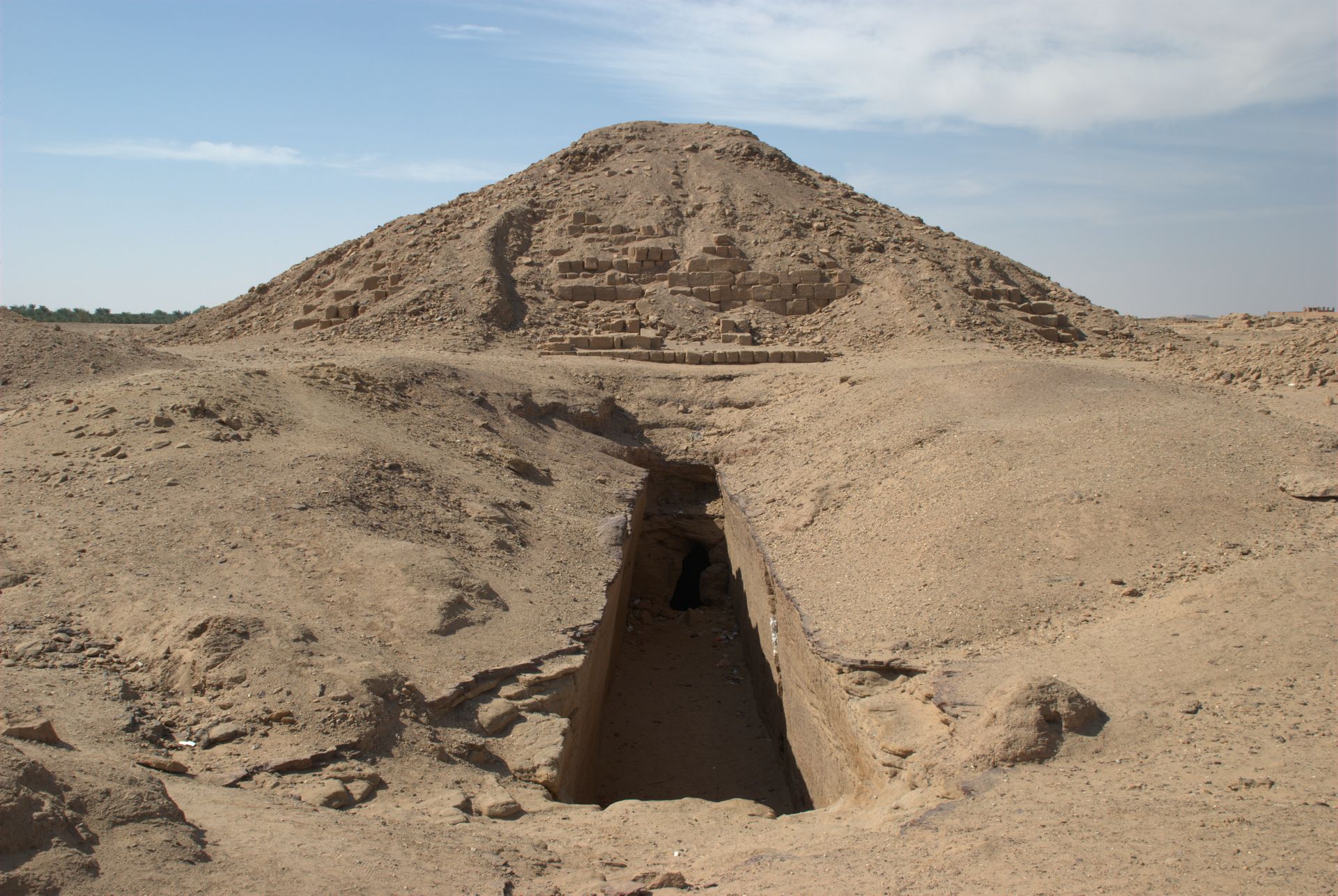
El-Kurru
Nubian pyramids and tombs in Sudan
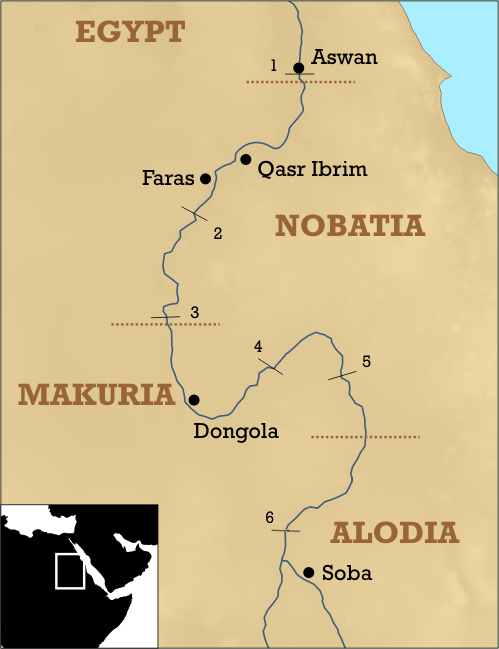
Soba (city)
Medieval Nubian city on Blue Nile

Faras
Underwater city with Christian cathedral art.
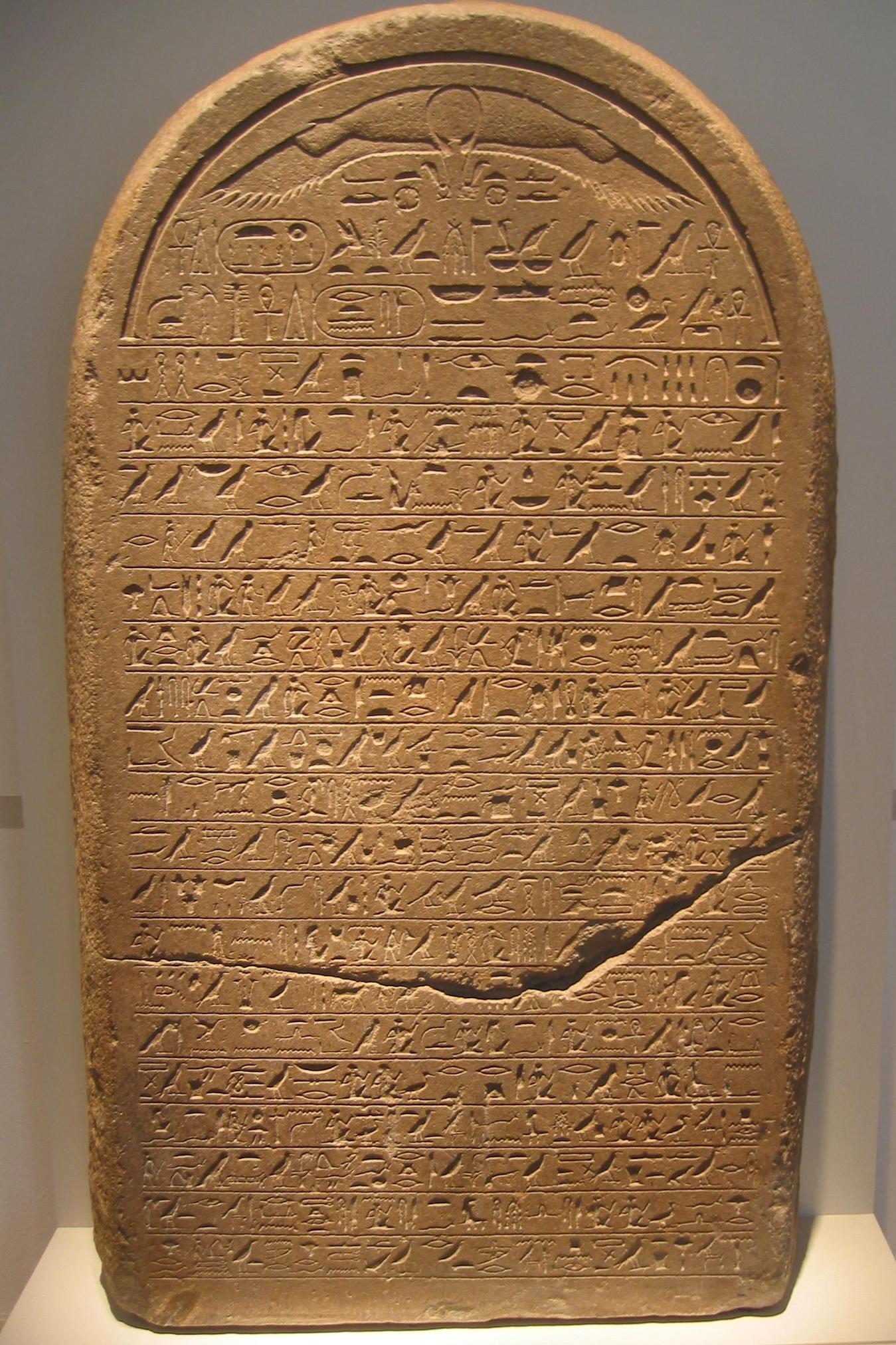
Semna (Nubia)
Middle Kingdom Egyptian fortresses in Nubia
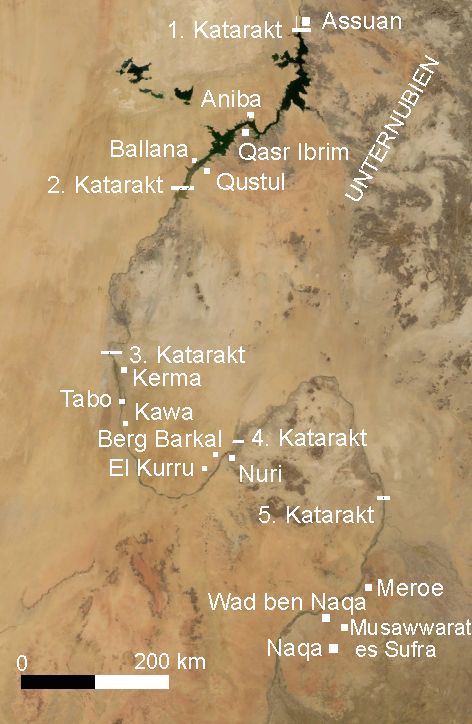
Tabo (Nubia)
Large damaged Amun temple in Nubia.
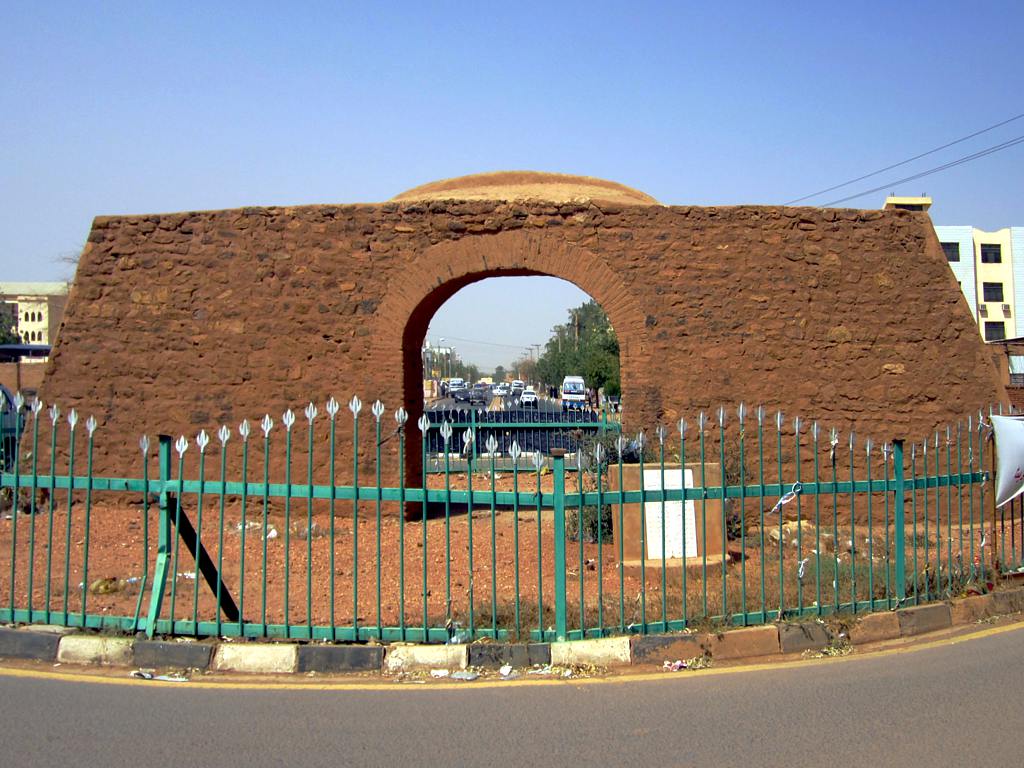
Almorada (Omdurman)
Prestigious ancient district with historical significance